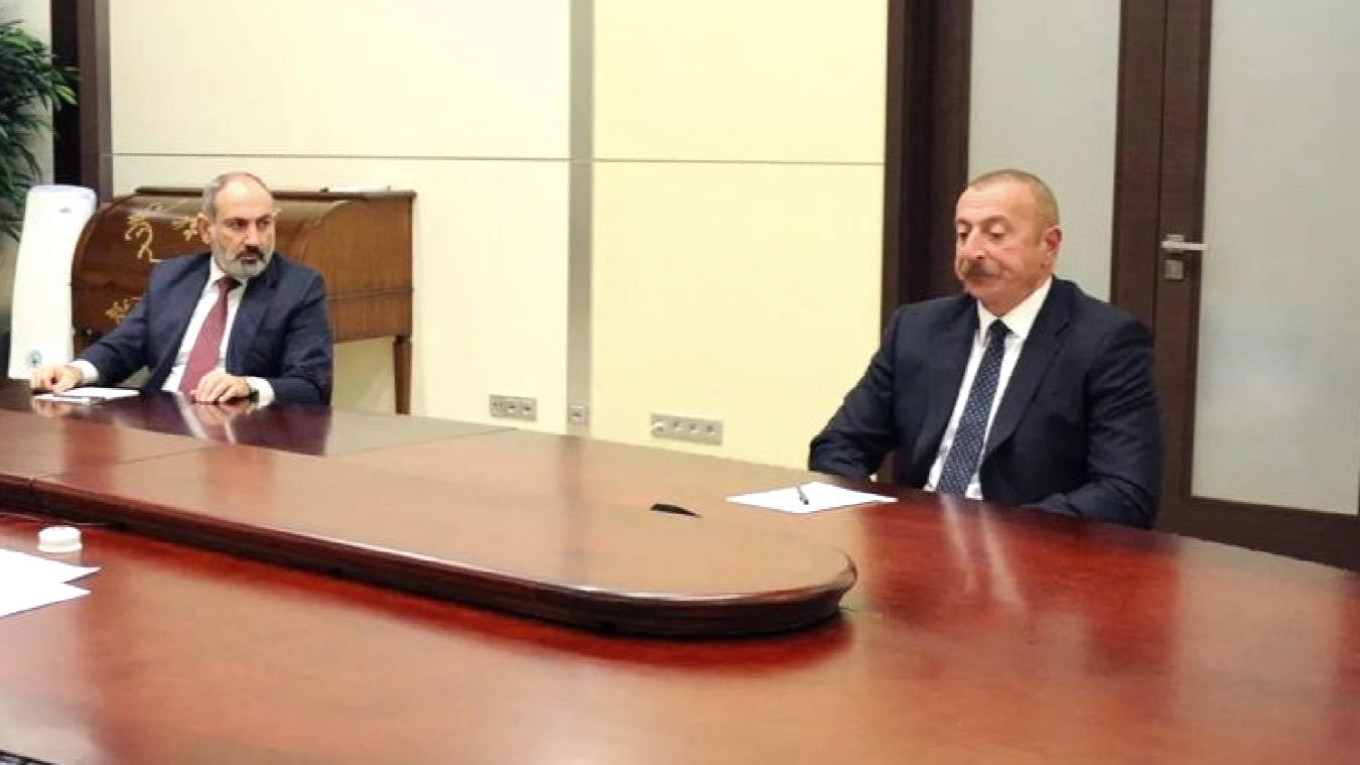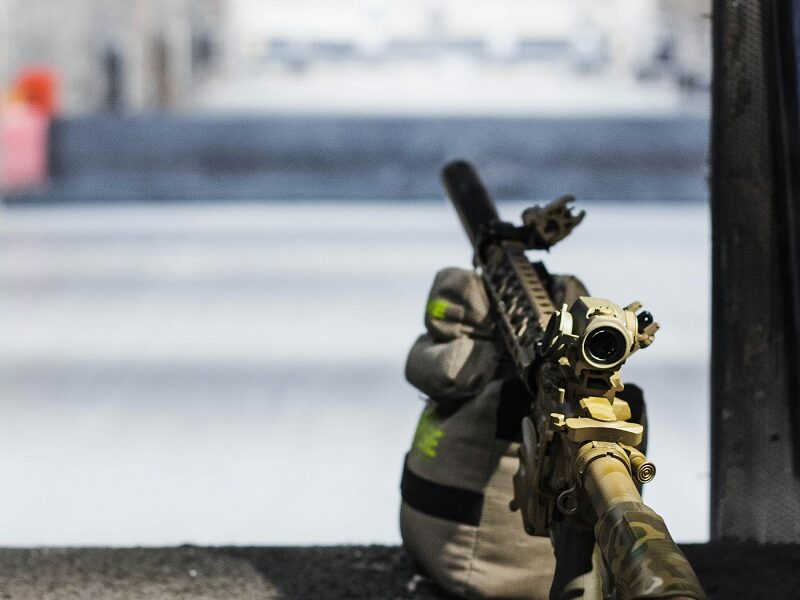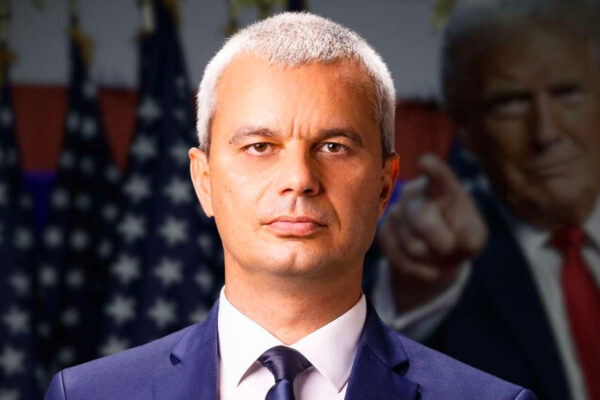The President of Azerbaijan, Ilham Aliyev, has demanded an apology from Russia for the downing of an Azerbaijani plane over Grozny. The tone is sharp, but it’s clear that Russia still has time to prepare those apologies. While an investigation is underway, including in Brazil, the Kremlin will privately discuss with Aliyev the format of the apology, its public nature, the level of responsibility, and the punishment of those responsible.
The two sides will likely do everything to avoid souring relations, so they will carefully search for compromise formulations, word by word. However, whatever the compromise, it promises to be extremely painful for Moscow. This makes the tragedy almost a symbolic outcome of 2024, and not only in relation to Azerbaijan.
Business in Neutrality
In a cruel twist of fate, just a week before the symbolic aviation disaster in Aktau, Ilham Aliyev mentioned in an interview with Dmitry Kiselev that one of their shared successes was the increase in flights between Russia and Azerbaijan.
Dmitry Kiselev, during the interview, found himself in a similarly disadvantaged position that the Kremlin repeatedly finds itself in when dealing with Baku. Kiselev was trying to steer the conversation toward Russia’s role, but Aliyev was far more interested in discussing Azerbaijan’s new and global ambitions, in which Russia is certainly an important partner, but no longer the foremost one. While it seemed that things should have appeared otherwise, Azerbaijan has clearly moved beyond Moscow’s influence.
The conversion of Azerbaijan’s victory in Karabakh into an unending domestic triumph has led the country to a conflict with the West. The war must continue even after victory, and internal mobilization is even more necessary, as experts voice concerns about the devaluation of the manat, and investigations reveal that multi-billion-dollar projects involving the returned territories are handled by groups close to the country’s leadership. Military spending this year will break records — $5 billion, almost 7% of the budget. Any peacekeeping initiative or sympathy toward Armenia is considered treason, which, together with the wastefulness related to Karabakh, becomes a primary cause for repression.
On the surface, all of this seems to present valuable opportunities for Moscow, especially in its current isolation. Both Russia and Azerbaijan share a similar political tradition and style. But Baku has not burned its bridges with the West, continuously reminding everyone of the sanctity of territorial integrity, especially in the context of Ukraine.
Azerbaijan’s Ambitions
Azerbaijan has expanded its ambitions, and if one day someone compiles a shortlist of countries that have most successfully converted their neutrality in the Ukrainian war, Azerbaijan is well-positioned to top the list.
Some may remember the Non-Aligned Movement, which successfully monetized its third way, though often engaging with Moscow. Today, Azerbaijan has all the characteristics to occupy a key role in the market of neutrality, which is essentially pro-Russian but beyond reproach. Azerbaijan is unafraid of sanctions because it does nothing that could be deemed as genuinely harmful to the global order. With its alliance with Turkey, Azerbaijan is becoming a significant player in the region, where events are just as crucial as those in Ukraine. Moreover, it is adept at leveraging its role as a mediator in this lost space between the world of the living and the untouchable, which in these uncertain times is one of the best businesses.
Anecdote About the President
In the same interview, Aliyev reprimanded Georgia for its belated struggle against foreign influence, but immediately praised the country for its willingness to correct its mistakes. In fact, Tbilisi has been demonstrating this willingness, just like Baku, since the beginning of the war in Ukraine, seemingly coordinating its actions with Baku.
Georgia, like Azerbaijan, is also striving to profit from another country’s war while maintaining its reputation. However, it faces different resources, a distinct political tradition, and, ultimately, a different outcome. Unlike Azerbaijan, Georgia has always treated its European integration as a fundamental principle, albeit an abstract one. However, the war has provided new domestic political opportunities. The Georgian Dream party realized, after observing the successes of Baku and Budapest, that the war opens new windows for political maneuvering.
Russia’s Role and Armenia’s Drift
At the same time, Armenia, in late spring, showed signs that its drift away from Russia was pausing. The main resource for this drift — the frustration over the failure to protect Karabakh — was gradually diminishing. The pain from the loss of Artsakh was subsiding, no longer widespread, and life was returning to normal, with no significant flare-ups on the border with Azerbaijan.
This shift is also political. The peace process between Armenia and Azerbaijan seems to have reached a point where neither side sees a reason to move further. The current year is the first in a long time that has passed without significant escalations at the front line. The sporadic negotiations and threats are slowly transforming into a normal political process, though the process can still be nervy at times. For Armenia, this process is increasingly bilateral. As Azerbaijan has obtained all it needed from Russia, it no longer requires Russian intervention in the peace process, and the replacement of Russia with the West has proven to be beneficial for Armenia.
Armenia, like Azerbaijan, may now take a break, solidifying its position as it moves closer to the West and further from Moscow, but without provoking unnecessary irritation from Russia.




